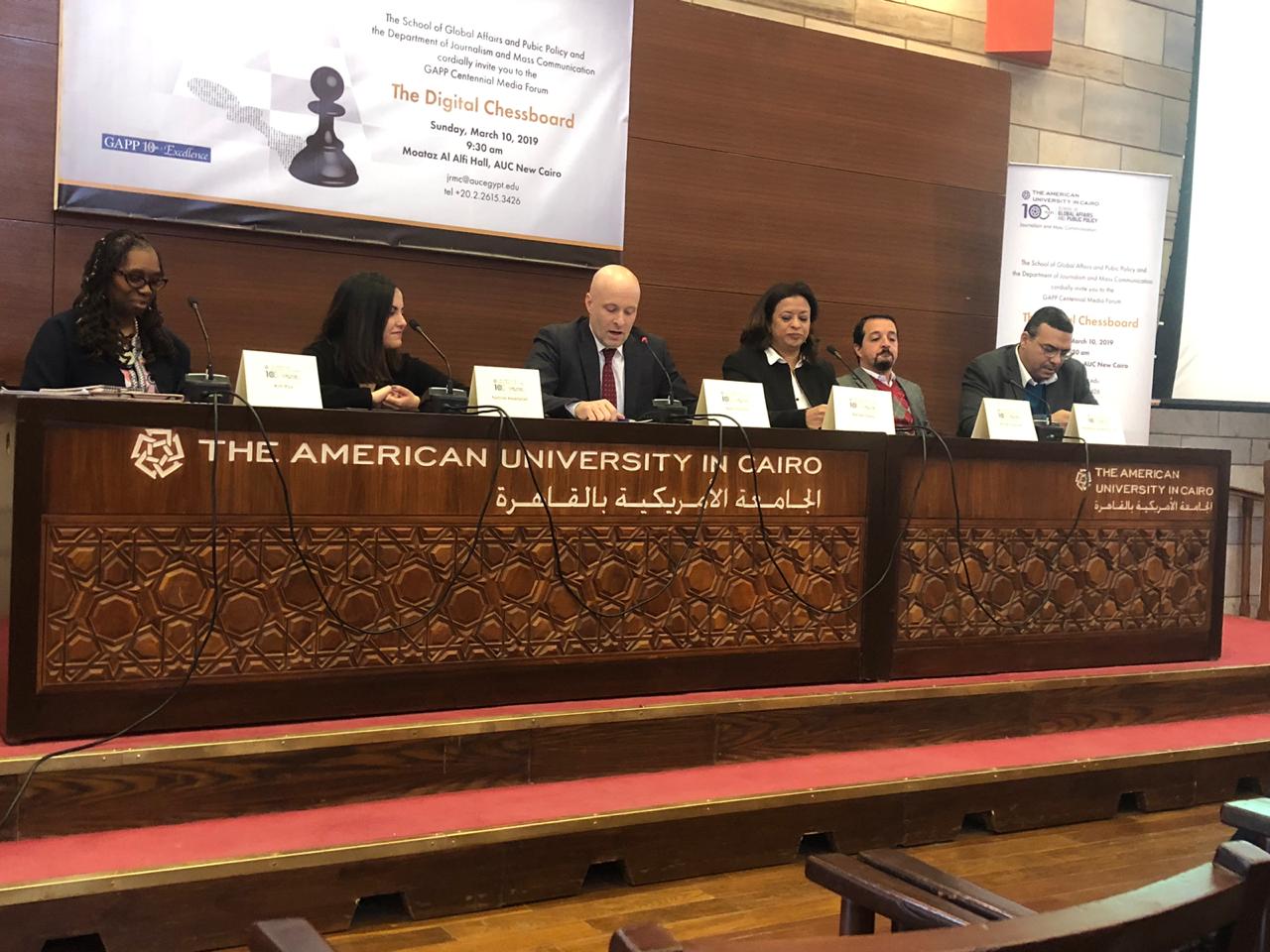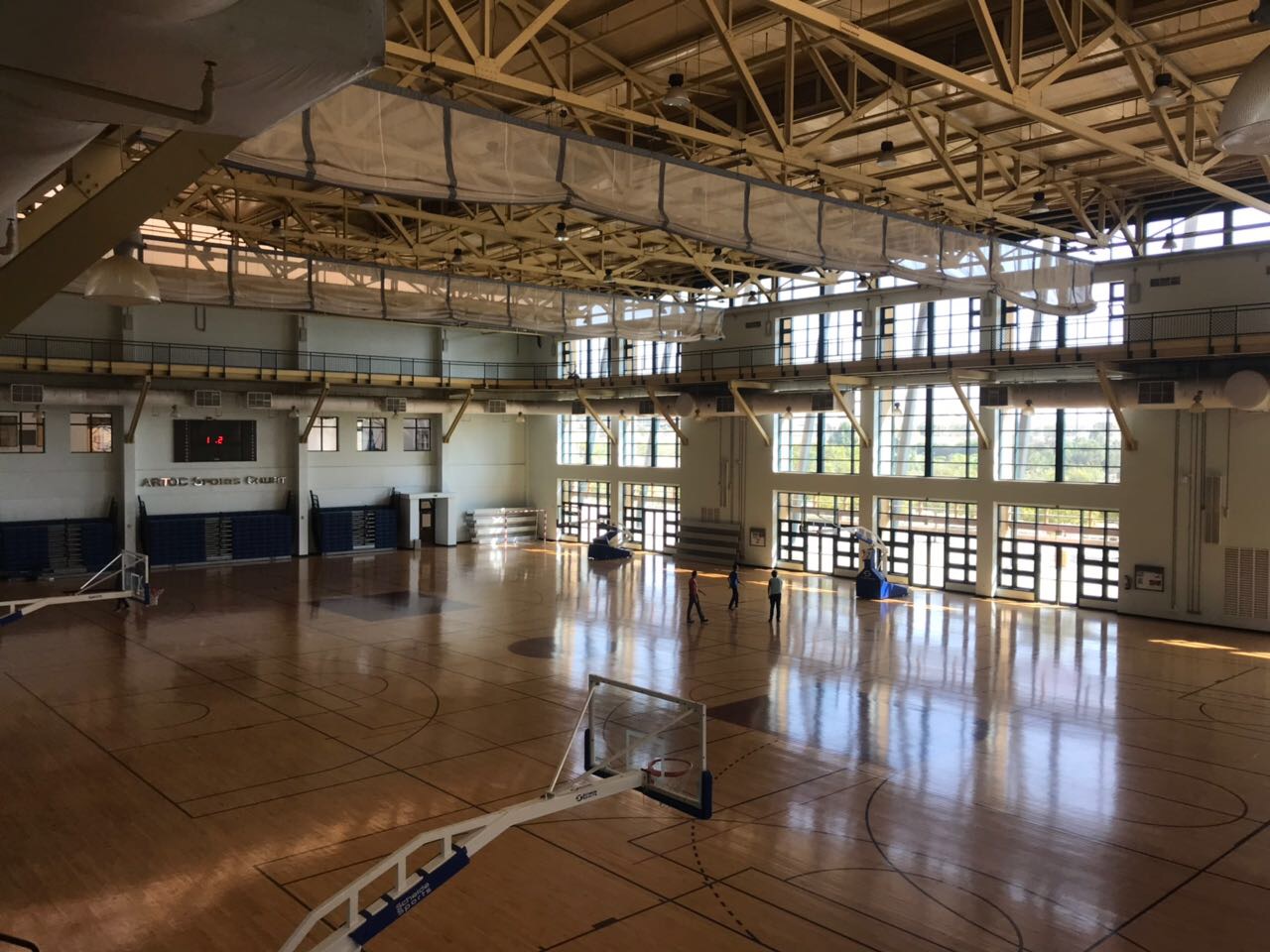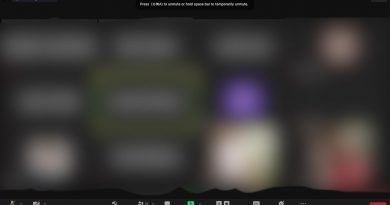Forum Stresses Media Ethics and Responsibility on the Internet
By: Mariam Salah and Sherif El Hakim
@MaryamFSalah and @sherifelhakim2
The dangers of fake news became all too real last week when a 28-year-old Australian man murdered 51 Muslim worshippers at two mosques in Christchurch, New Zealand.
Influenced by Islamophobic literature on the internet which claimed that Muslim immigration was designed to eradicate “White Europeans”, the Australian man said be wanted to end an Islamic invasion of New Zealand and Australia.
How the media deals with fake news has become a critical debate all around the world.
The School of Global Affairs and Public Policy (GAPP) held a media forum titled ‘The Digital Chessboard’ on March 10 to look at these critical issues.
“I am very enthusiastic about this event because it is about how to help our students and young media practitioners deal with skill sets that are coming up in the future, rather than telling them what happened in the past,” said Dean of GAPP Nabil Fahmy.
This future can be a potential minefield, said Chair of the Journalism and Mass Communication (JRMC) Department Firas Al Atraqchi, if educators and practitioners don’t meet the challenges of hate speech and false news head on.
“The world is becoming increasingly polarized, and fact-checking is become an absolute necessity at every turn to deter the agenda of fascist, neo-nazi, xenophobic and extremist groups that have become all too comfortable using social media platforms to indoctrinate the vulnerable and economically pliable,” Al-Atraqchi said.
The first panel, moderated by Assistant Professor and Associate Chair Rasha Allam, took up the charge on how fact-checking and media ethics can be used to deter fake news and its spread.
The panel included Professor and Director of Kamal Adham Center, Hussein Amin, Member of the Higher Press Council, Mahmoud Alam El Din, Spokesperson of Al Ahly Sporting Club, Sherif Fouad and Head of DMC Channel Network, Hisham Sulaiman.
Amin kicked off the discussion by explaining the duties media professionals must fulfill.
“We are all advancing into a digital age, whether it is broadcast and TV, Journalism, electronic media, but without organization we are leading ourselves to failure. We have to keep continuously improving to face the challenges that the digital age will bring along,” said Amin.
Adding on Amin’s point that the digital age faces many challenges, Sulaiman shared informational videos with the audience to prove how easy it is to manipulate film, meaning that everything seen on digital platforms should not immediately be believed.
“I enjoyed the talk, especially the part where Sulaiman showed us the videos of fabrication. I liked this part in particular because, unlike the other guests who just spoke, Sulaiman [also had] a video demonstration,” said Communication and Media Arts Junior Maged Mohammed.
The threat of fake news was acknowledged by all on the panel, however the question of how to curb its spread remains largely unanswered.
“The world began to fight fake news in three ways, by preparing the media to deal with fake news, by educational programs to evaluate and criticize news and by using a fact-checking system,” said Alam El Din.
However, fighting fake news from the media alone is not enough and requires consensus from governments and global institutions. According to World Internet Statistics, 55 percent of the world has access to the internet and uses it. With that amount of internet users, people should also be media literate in order to discern fake news.
“In countries like Germany, France and so on, there are now very strict laws about posting fake news,” added Alam El Din.
Meanwhile, the second panel titled “Journalism Survival, Social Media and Content creation in a Digital Newsroom,” and moderated by Sean Hobbs, senior editor at the Cairo Review, looked at how social media tools can be used in news gathering.
The first panelist, Reuters Correspondent and Alumna Nadine Awadalla, said one of the advantages of social media is that it allows wire services to disseminate news quicker.
“If there is an incident in Egypt and we’re too far away to gather information, Twitter is a great tool to obtain multimedia and news. We do, however, have to factcheck this information due to our reputation,” Awadalla, a former Caravan editor-in-chief, said.
Safaa Faisal, the Cairo bureau editor for the BBC, revealed how the BBC adapted over the past 10 years with the evolution of social media in order to satisfy needs of the audience.
“The number of users on our social media platforms have grown year by year at nearly double the rate. We’ve adapted our content in order to have the engagement from our social media user,” she said.
However, fellow panelist Mohamed Abdel Rahman, a journalist, founder and editor in chief of newspaper e3lam.org, expressed his disappointment in the number of media outlets in Egypt that fail to use social media to create interactive content for their users.
“All media outlets are failing to grasp the use of social media, despite it being there for around 15 years,” he said.
These concerns were also shared by Ahmed Essmat, the director and founder of the Alexandria Media Forum, who believes that simple technological tools, such as search engines, are still key for content creation.
The use of social media has grown exponentially in Egypt; many believe it was the driving force behind the 2011 uprising. Facebook continues to be the number one social media platform used among Egyptians.
According to the Facebook third quarter report in 2017, 37 million Egyptians accessed Facebook every month; 22 million or 59 percent of those use Facebook daily.
“Facebook was used for the the revolution in 2011, that’s why I’m still shocked to see that so many companies overlook the use of social media for media content,” Abdel Rahman said.
Egyptian companies and media practitioners are lagging behind in content development. The age of social media has come and has not been truly grasped by the public. What is taught must be implemented in order to achieve success.
The fifth panelist, Associate Professor of Practice in the Department of Journalism and Mass Communication Kim Fox, believed the panel lacked diversity and engagement.
“I was disappointed with the panel to be honest. The potential was there, the execution however was not. I felt as though there could’ve been more diversity in what was being said by the panelists and that showed with the lack of student’s questions,” Fox told The Caravan.
Fox also encouraged students and faculty to create more forums with the aim of including students in order to allow the AUC community to relate.
“I think these forums are a great idea. It would be great to include students on the panel, because I feel it would encourage more students to come watch and interact with the panelists,” she said.




